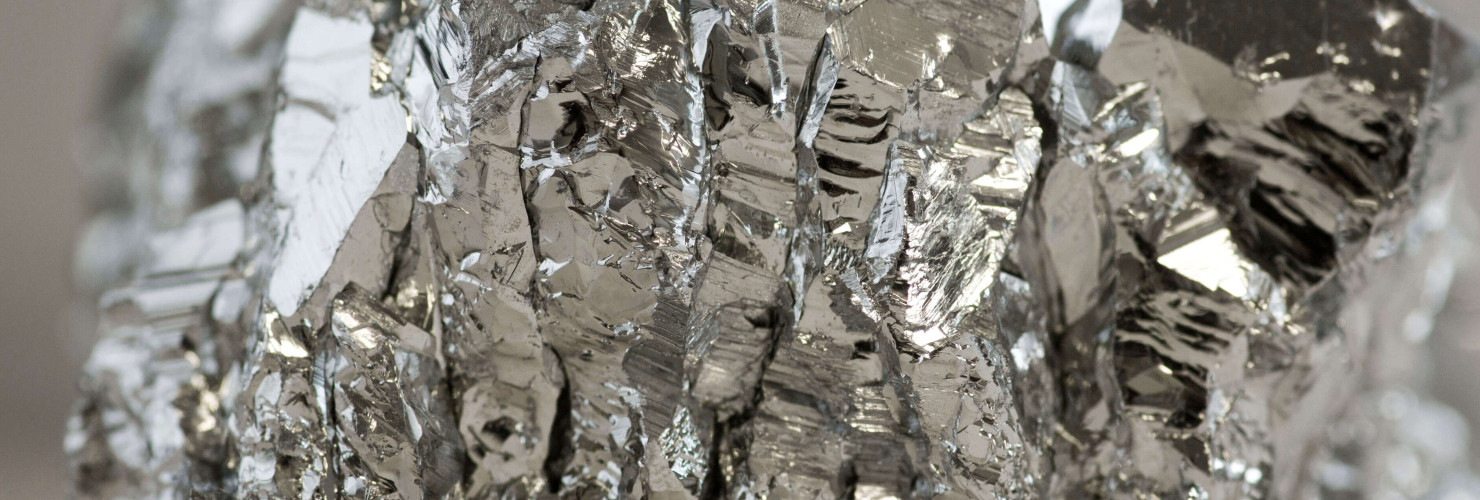China's recent export controls on rare earth elements (REE) pose significant challenges for the European Union, particularly impacting its defense capabilities. The EU's heavy reliance on China—importing 98% of its REE components—threatens not only the automotive sector but also military rearmament efforts. The situation is exacerbated by the long timelines and substantial investments required to establish alternative supply chains, as highlighted by the EU's Critical Raw Materials Act (CRMA), which lacks immediate funding commitments. This dependency underscores the urgency for Europe to reassess its strategic approach to securing essential materials for defense technologies, including those critical for advanced weaponry and systems.
Despite these challenges, the current geopolitical climate presents a strategic opportunity for Europe. With defense spending projected to rise significantly in response to external threats, the EU can leverage this momentum to invest in domestic REE sourcing and recycling initiatives. By implementing mandates for REE recycling in defense contracts and exploring public-private partnerships similar to those in the U.S., Europe can mitigate commercial risks and foster a more resilient supply chain. Additionally, expanding the CRMA's scope and enhancing coordination among member states will be crucial in reducing dependency on Chinese imports. Ultimately, the EU's political will to address these issues will determine its success in establishing a sustainable and secure supply of critical raw materials for its defense industry.






